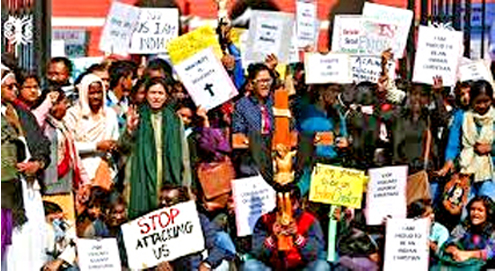Convert from Islam stabbed to death in Bangladesh
/Report: Bibles for Mideast
March 22, 2016 (Dhaka, Bangladesh): Islamic militants stabbed and killed 68-year-old Hossain Ali, a Christian convert from Islam, in Kurigram of North Dhaka this morning.
Arriving by motorbike as Ali took his morning walk, the attackers fled immediately afterwards, detonating crude bombs as they left to create panic, says Tobarak Ullah, Kurigram’s police chief.
“The pattern of killing bears the hallmarks of recent attacks by Islamist militants,” the chief added.
A freedom fighter and former inspector of family planning, Ali converted from Islam in 1999. Police have picked up three men for questioning.
Over the last few months, Islamic State has claimed responsibility for the killings of two foreigners, attacks on members of minority Muslim sects and other religious groups, but police say domestic militant group Jamaat-ul-Mujahideen is behind the attacks.
A Hindu head priest was hacked to death on February 21 by gun-and-cleaver-wielding Islamists at a temple in northern Panchagarh district’s Debiganj Upazila.
In September last year, Italian aid worker Cesare Tavella was murdered by unidentified assailants in Dhaka, and within five days of that incident, Japanese farmer Kunio Hoshi was killed. IS-affiliated militants claimed responsibility for both attacks.
Progressive book publisher Faisal Arefin Dipon and two Sufi men were also recently murdered, while two Christian pastors, one an Italian doctor, narrowly escaped attacks.
Bibles for Mideast is now holding five days of prayer of fasting for God’s mighty protection of persecuted Christians; all Christian ministries around the globe and the teams of Bibles for Mideast. We pray for God’s protection and provision for spreading HIs Word, establishing new churches, for new believers and seekers, and for the salvation of the Muslim world. We welcome all children of God, all prayer warriors, to join with us in prayer.







